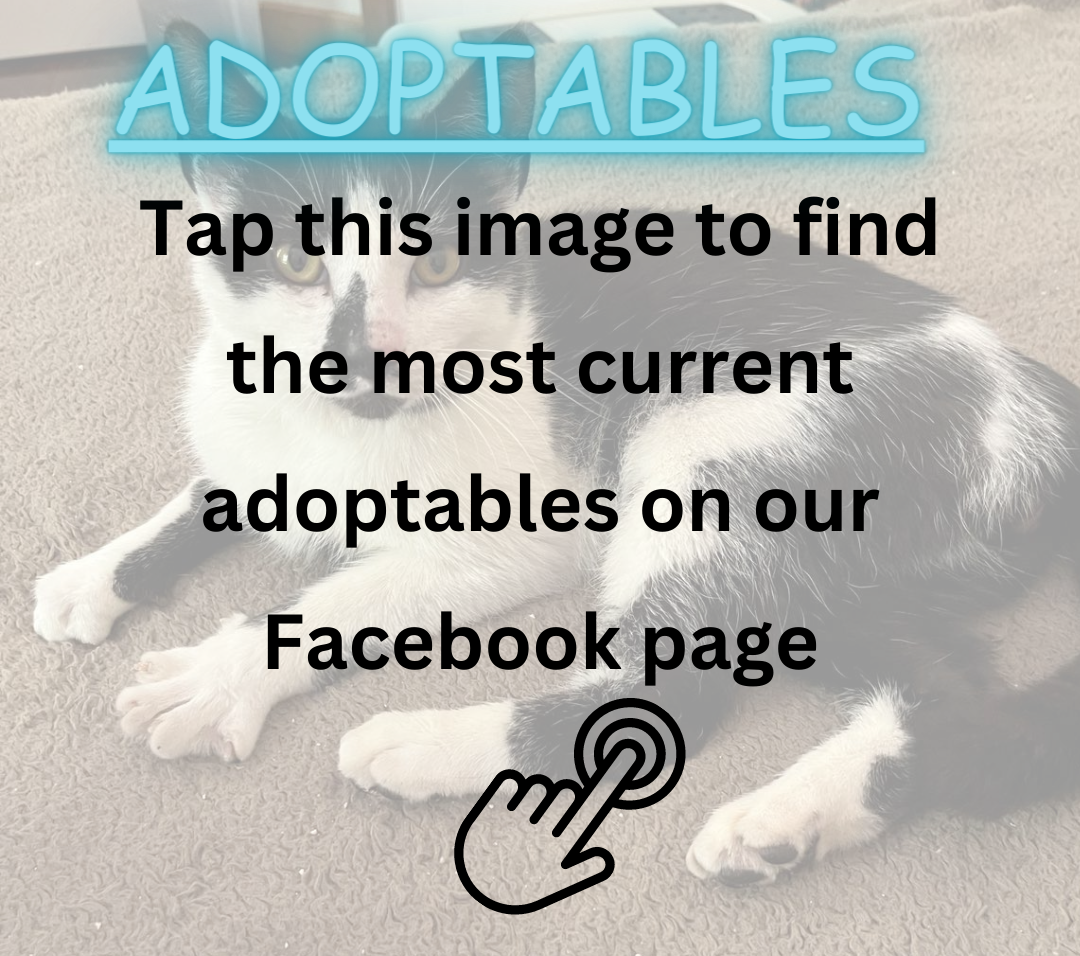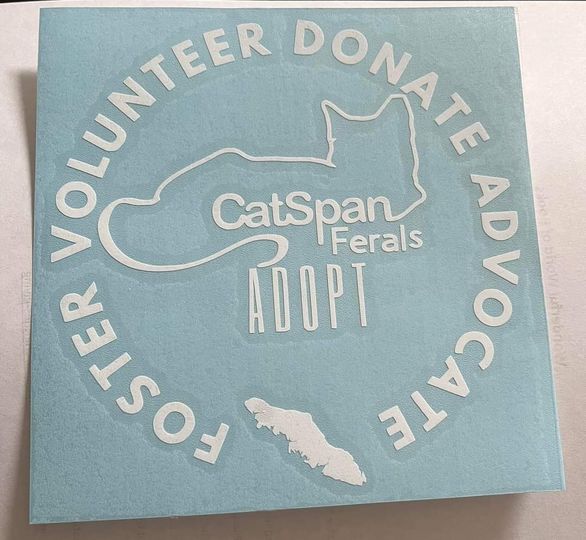what is tnr? (trap-neuter-return)
Trap-Neuter-Return is the humane and effective approach for stray and feral cats. Now in practice for decades in the US and Canada after being proven in Europe, scientific studies show that Trap-Neuter-Return improves the lives of feral cats, improves their relationships with the people who live near them, and decreases the size of colonies over time.
Trap-Neuter-Return is successfully practiced in hundreds of communities and in every landscape and setting. It is exactly what it sounds like: Cats are humanely trapped and taken to a veterinarian to be neutered and vaccinated. Cats are also eartipped to identify that they have been spayed or neutered and vaccinated. After recovery, cats are returned to their home—their colony—outdoors where either the property owners or CatSpan monitor the colony and provide food and shelter. Kittens and cats who are friendly and socialized to people may be adopted into homes.
Grounded in science, TNR stops the breeding cycle of cats and therefore improves their lives while preventing reproduction. It is a fact that the removal and killing of outdoor cats that animal control has been pursuing for decades is never ending and futile. Since feral cats are not adoptable, they are killed in pounds and shelters. With a successful program like Trap-Neuter-Return to turn to, it’s hard to believe that animal control agencies continue to kill cats, even though that approach has shown zero results.
It is time to put an end to catch and kill. Trap-Neuter-Return provides a life-saving, effective solution for these beautiful, independent cats.
There are so many reasons to embrace and promote TNR:
Trap-Neuter-Return is successfully practiced in hundreds of communities and in every landscape and setting. It is exactly what it sounds like: Cats are humanely trapped and taken to a veterinarian to be neutered and vaccinated. Cats are also eartipped to identify that they have been spayed or neutered and vaccinated. After recovery, cats are returned to their home—their colony—outdoors where either the property owners or CatSpan monitor the colony and provide food and shelter. Kittens and cats who are friendly and socialized to people may be adopted into homes.
Grounded in science, TNR stops the breeding cycle of cats and therefore improves their lives while preventing reproduction. It is a fact that the removal and killing of outdoor cats that animal control has been pursuing for decades is never ending and futile. Since feral cats are not adoptable, they are killed in pounds and shelters. With a successful program like Trap-Neuter-Return to turn to, it’s hard to believe that animal control agencies continue to kill cats, even though that approach has shown zero results.
It is time to put an end to catch and kill. Trap-Neuter-Return provides a life-saving, effective solution for these beautiful, independent cats.
There are so many reasons to embrace and promote TNR:
What is eartipping?
Eartipping is an effective and universally accepted method to identify a spayed or neutered and vaccinated feral cat. It is the removal of the distal one-quarter of a cat’s left ear, which is approximately 3/8 inch, or 1 cm, in an adult and proportionally smaller in a kitten. MORE INFORMATION >>
Relocation of Feral Cats Should be a last resort
Relocating a feral cat or colony of feral cats should be avoided at all costs, and only viewed as a last resort. Unless the cats’ lives are threatened, the optimal place for them is where they currently live. MORE INFORMATION >>






